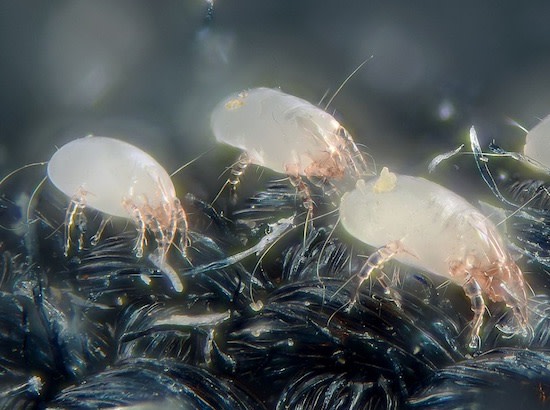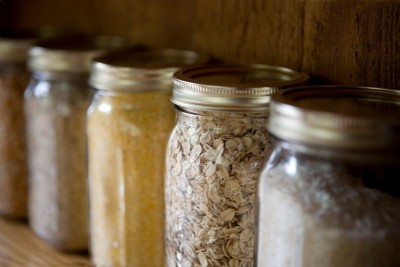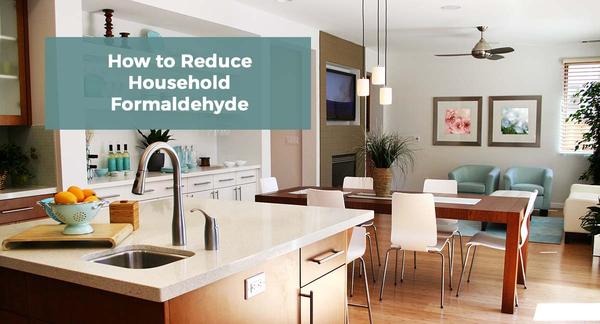Too much humidity affects living comfort, the function of the cooling and heating system and the health of your family. For these reasons, you should be able to control indoor humidity and make it a priority. If you want to reduce it, check out these simple tips below.
Why is your excessive indoor humidity bad?
It is important to control the humidity as it directly affects your family comfort, air conditioning maintenance and energy consumption.
Excessive humidity in your home is also bad as it can cause wet stains on the ceilings and walls and condensation on the windows. Too high humidity also leads to a damp feeling in the air, musty odor, and moldy showers and bathrooms.
Excessive indoor humidity also encourages the growth and multiplication of mold in your home, which can appear and damage the area to which they adhere.
Too much moisture can also cause structural damage, especially if left unattended for long periods of time. In addition, excessive humidity also attracts pests such as insects as they are supplied with water by condensation.
In addition, high humidity can also be harmful to your health, especially if your home is also at high temperatures.
As a result, the body’s ability to cool itself down is disrupted. This condition can lead to health problems such as heat stroke. It can also cause asthma symptoms and allergic reactions, and contribute to dust mite problems and existing allergies.
In the case of mold spores in particular, they can pose a greater threat to relatives with asthma and allergies.
Use a dehumidifier
You need a dehumidifier with which HVAC company can help you with the installation.
One of the signs that you need to have persistent allergy symptoms in loved ones. Other signs you should have include water marks on the ceilings and walls, and frequent condensation on windows.
If you also spot black spots or mold spores in areas like the shower or bathtub, or smell powdery mildew and musty odor, then you should definitely do so Use a dehumidifier.
This can help reduce your home’s humidity and allergens, including powdery mildew, mold, and dust mites. It can also get rid of that rotting or musty smell.
In addition, dehumidifiers can reduce respiratory and skin irritation. They can also help dry clothes faster and extend the shelf life of food. You can also prevent corrosion in your equipment.
Finally, it can reduce dust circulation, save time on frequent cleaning, and reduce energy costs as it improves AC efficiency.
Do not boil water on particularly humid days
Boiling water turns into steam, which increases the humidity and moisture build-up in the air. This excess humidity is absorbed by the air in your home. And if it is damp outside, the humidity can also get into your home.
To reduce humidity, avoid boiling water on wet days. Otherwise it can continue to increase. The boiling water not only increases the humidity, it also puts a strain on your cooling and heating system, which has to work harder to maintain the ideal relative humidity.
So if you want to extend the life of your air conditioner and reduce maintenance costs, avoid boiling water on wet days.
Clean your AC filter
Air conditioning is one of the best ways to lower the humidity and keep your home comfortable. The air conditioner can suck in the outside air and filter out moisture.
With an efficient heating and cooling system, you can be sure that your home will be dehumidified. However, for optimal operation, you need to make sure that your AC filters are clean.
Over time, they can prevent airflow due to clogging. In this case, the humidity rises and problems such as mold spores, musty smell and allergens arise. In addition, moisture can cause some health problems also.
You should have the AC filters cleaned to reduce the humidity. Clean the AC filters in the indoor air conditioner every two weeks, but more often in a dirty or dusty environment.
Why should you clean the filters regularly? Keeping your AC power in top condition is one of the most important maintenance tasks. As if it were efficient, it can also work more effectively against excessive humidity. Otherwise, blocked filters can reduce efficiency.
Alternatively, you can change the AC filter every 30 to 60 days or more often if you have allergies. If you feel something unexpected or in an emergency, you can also call a trusted company Air conditioning company. In this way you can reduce your energy consumption by up to 15%.
Take colder and shorter showers
You can also reduce the humidity by briefly and cold showers. If you didn’t already know, hot showers expose your home to heat, which builds up moisture and leads to condensation. You can also use low flow shower heads to reduce humidity indoors.
Final thoughts
Excessive humidity at home is bad. It can multiply allergens like dust mites, powdery mildew, and mold and make your air conditioner work harder. If you want to reduce the overall humidity in your home, follow the tips above and keep the ideal humidity level starting today!
 TopsDecor.com Home Decor Ideas
TopsDecor.com Home Decor Ideas







